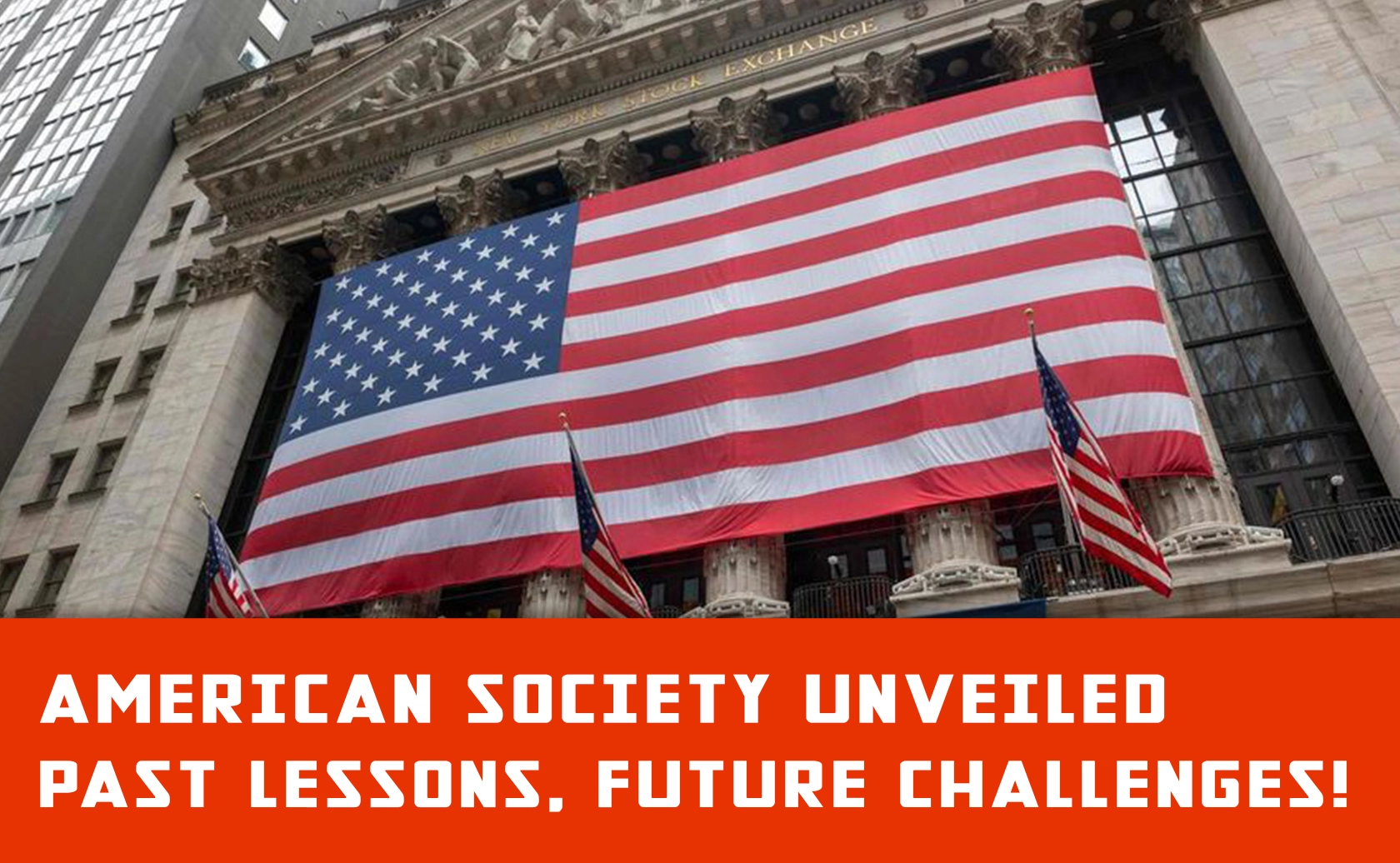American society stands at a crossroads, shaped by centuries of historical evolution, contemporary political upheavals, and emerging challenges that will define its trajectory. From the foundational principles of democracy to the complexities of modern governance, the interplay of policy, culture, and global dynamics continues to mold the nation’s identity. This essay examines the historical roots of key relationships, the transformative policies of the Trump administration, and the societal shifts that signal potential futures for the United States.
Table of Contents
ToggleHistorical Foundations: The Roots of U.S.-Canada Relations
The relationship between the United States and Canada has been defined by both cooperation and contention. In the late 19th century, tensions flared over disputes such as the Oregon boundary settlement (1846), which split territories along the 49th parallel, and the Fenian raids (1866–1871), where Irish-American militants targeted Canada to pressure British withdrawal from Ireland1. These events underscored early geopolitical friction, compounded by U.S. resentment over Canada’s neutrality during the Civil War1.
By World War II, collaboration replaced rivalry. The Permanent Joint Board on Defense (1940) solidified military cooperation, while Canada’s hosting of the 1943 Quebec Conference highlighted its growing international role1. Post-war prosperity and shared democratic values strengthened ties, though debates over Arctic sovereignty, such as the Northwest Passage dispute, revealed lingering disagreements1. The USMCA (2020), replacing NAFTA, exemplified modern economic interdependence, even as tariffs under Trump strained relations with Prime Minister Justin Trudeau12.
The Present: Policy Shifts and Societal Divides
Trump’s Executive Orders and Project 2025
The Trump administration’s 2025 policy agenda has drawn scrutiny for its alignment with Project 2025, a conservative blueprint advocating drastic federal restructuring. Key actions include:
- Dismantling DEI Initiatives: Executive orders revoked anti-discrimination measures for government contractors, echoing Project 2025’s call to eliminate “ideological projects”34.
- Immigration and Border Policies: Enhanced detention facilities and expanded local law enforcement powers mirror Project 2025’s emphasis on strict immigration controls3.
- Federal Spending Freeze: A January 2025 memorandum halted financial assistance for programs deemed misaligned with administration priorities, though courts temporarily blocked the order6.
These policies reflect a broader ideological shift toward reducing federal oversight, prioritizing traditional values, and curtailing social welfare programs.
Economic Priorities: The Miami Development Project
Trump’s approval of a $3 billion luxury condominium complex in Miami-Dade County highlights a focus on high-end economic growth. The project, featuring 1,498 residential units and commercial spaces, aims to attract affluent buyers while generating $17 million in annual local revenue5. Critics argue it exacerbates housing inequality, but proponents claim it stimulates investment in a region grappling with affordability crises5.
Trump’s Miami Development Approval: A Game-Changer in Real Estate During the Presidential Transition
Health and Social Equity
Project 2025’s proposed health reforms threaten LGBTQ+ rights by rolling back anti-discrimination protections and restricting access to gender-affirming care4. Proposed bans on assisted reproductive technologies for single parents and same-sex couples could further marginalize vulnerable communities, signaling a return to conservative family values4.
Foreign Policy: Ukraine and Ceasefire Negotiations
Trump’s approach to the Russia-Ukraine war emphasizes pragmatic diplomacy over military escalation. Recent reports suggest U.S. officials are engaging Russia to broker a ceasefire, though details remain sparse7. This aligns with Trump’s historical skepticism of prolonged foreign interventions, contrasting with Biden-era support for Ukraine.
The Future: Challenges and Transformations
Community Reform and Federal Aid
The freeze on federal financial assistance, paused by judicial intervention, risks destabilizing programs like rental aid and small-business support6. If reinstated, it could deepen socioeconomic divides, particularly in urban areas like Miami, where luxury developments coexist with housing insecurity56.
Religion and Societal Values
Project 2025’s emphasis on “religious freedom” may empower faith-based exemptions in healthcare and education, potentially eroding secular protections. For instance, policies prioritizing heterosexual marriage could reshape adoption laws and reproductive rights, reversing decades of progress4.
Technology and Innovation
Elon Musk’s ventures in AI and space exploration symbolize America’s competitive edge, yet debates over regulation and labor rights loom. The tension between innovation and equity will define sectors like renewable energy and automation.
U.S.-Canada Relations Under a Second Trump Term
Renewed tariffs on Canadian aluminum and softwood lumber could strain economic ties, while divergent climate policies may hinder cross-border cooperation2. Trudeau’s resistance to U.S. demands for Arctic access could reignite sovereignty disputes12.
Conclusion
American society’s past is a tapestry of conflict and collaboration, its present a battleground of competing visions, and its future uncertain yet ripe with possibility. The Trump administration’s policies—from Project 2025 to the Miami development—reveal a preference for deregulation and traditionalism, with profound implications for health, equity, and global standing. As the nation navigates domestic polarization and international crises, its ability to reconcile innovation with inclusivity will determine whether it remains a beacon of democratic ideals or fractures under the weight of ideological divides.
The road ahead demands vigilance. Whether through recalibrated foreign policy, equitable economic reforms, or safeguarding civil liberties, the choices made today will echo through generations, defining what it means to be American in an ever-changing world.




